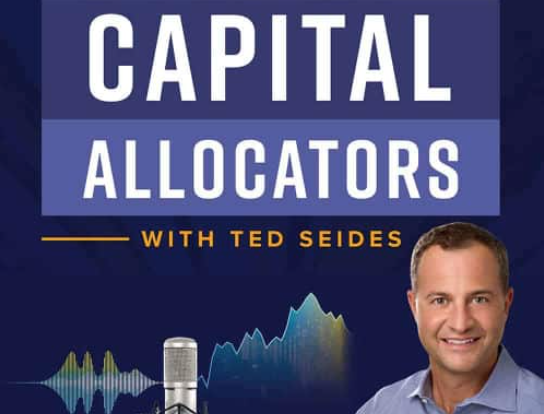
Robin writes:
When I first heard about the growth of index investing in the United States 12 years ago, I decided there were five key people I need to go to America to interview. They were Jack Bogle, David Booth, William Sharpe, Charley Ellis and David Swensen. I managed the first four, but to this day I regret failing to persuade Swensen I was worth his time. Sadly I won’t have the chance again. Swensen died two years ago at the age of 67.
Over the last 100 years, some of the sharpest financial minds have been unable to help prestigious university endowments beat the broader market. An exception was John Maynard Keynes, who despite failing to anticipate the Wall Street crash of 1929, enjoyed much greater success after taking a more long-term approach to investing the wealth of King’s College Cambridge in the 1930s.
The other exception was David Swensen, who achieved outstanding returns as the endowment manager at Yale for more than 30 years. Many endowments have attempted to replicate the Yale Model, but none has succeeded to anything like the same extent.
I can highly recommend the latest episode of the Capital Allocators podcast with Ted Seides, which examines Swensen’s philosophy. If the name rings a bell, Seides was the man who bet with Warren Buffett that a portfolio of top hedge funds would beat the S&P 500 over ten years, and lost $1 million.
As Seides explains, “those following the Yale Model may presume David promoted active management for all. He did not. He believed that the chance of success is low and most who try will fail.”
David Swensen was also wary of private equity and venture capital. Swensen’s view, according to Seides, was that “in the absence of truly superior fund selection skills (or extraordinary luck) investors should stay far, far away.”
Thank you to the financial historian Mark Higgins for drawing my attention to this episode. As he explains in a post on LinkedIn, institutional investors in particular need to pay attention to David Swensen’s advice.
“Individuals can do as they please with their own money,” says Higgins, “even if it is counter to their best interest. But trustees have a fiduciary obligation to serve the interests of their beneficiaries.
“Seeking to replicate the Yale Model without possessing the exceptionally rare skills that permeate the Yale Investments Office is a losing proposition. Trustees that lack these skills — which is almost everybody — have a fiduciary obligation to heed Swensen’s advice and adopt the passive strategy.”
LISTEN TO THE PODCAST HERE
PREVIOUSLY ON TEBI
Have we learned from the collapse of LTCM?
How good is the ARK Innovation ETF?
THE TEBI YOUTUBE CHANNEL
Have you visited the TEBI YouTube channel lately? There’s already a wide selection of high-quality videos on there. Why not subscribe and be one of the first to see our latest content? You’ll also find our videos on Instagram and TikTok.
© The Evidence-Based Investor MMXXIII









